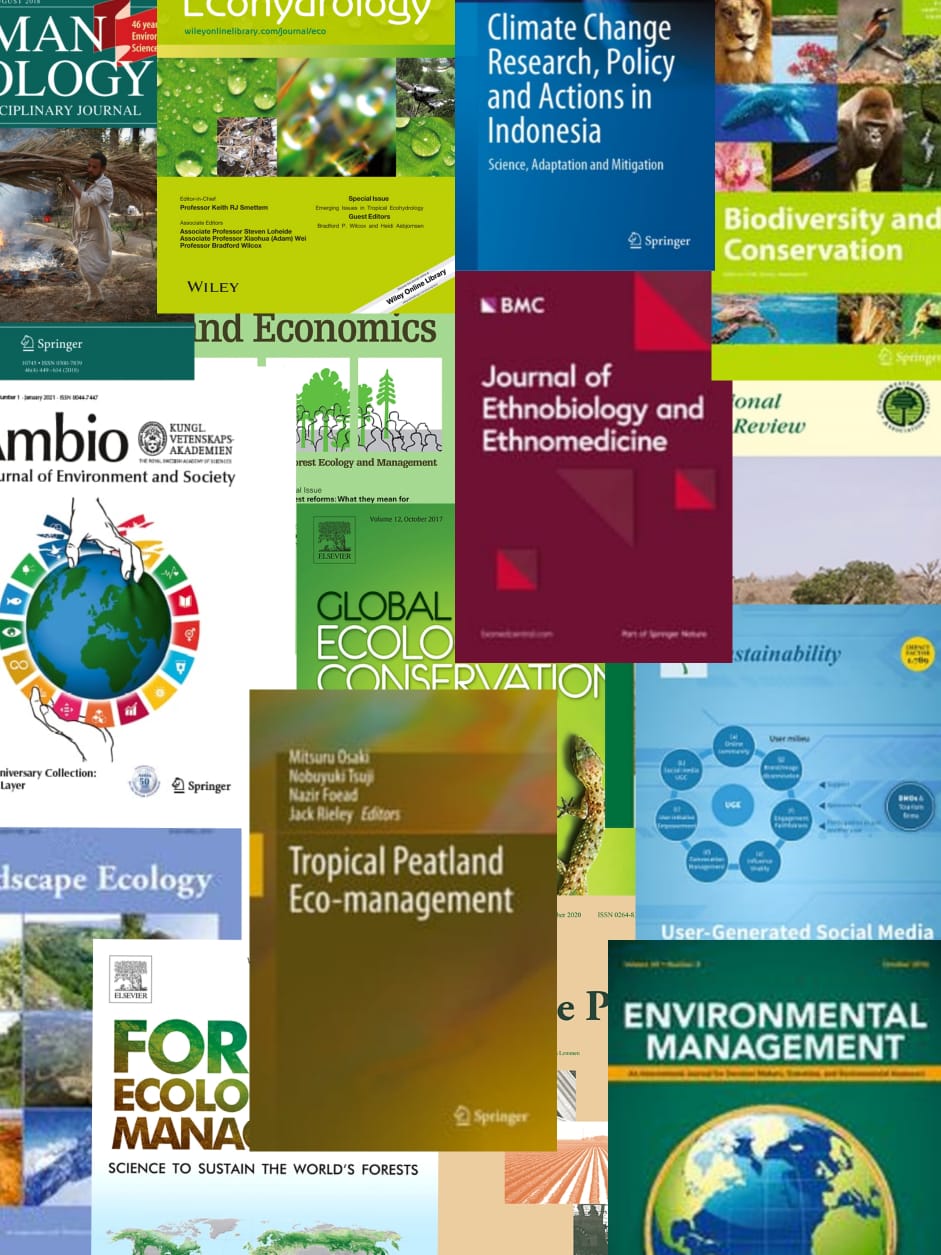Peatlands are marginal agricultural lands due to highly acidic soil conditions and poor drainage systems. Drought stress is a big problem in peatlands as it can affect plants through poor root development, so technological innovations are needed to increase the productivity and sustainability of upland rice on peatlands. Rhizobacteria can overcome the effects of drought stress by altering root morphology, regulating stress-responsive genes, and producing exopolysaccharides and indole acetic acid (IAA). This study aimed to determine the ability of rhizobacteria in upland rice to produce exopolysaccharides and IAA, identify potential isolates using molecular markers, and prove the effect of rhizobacteria on viability and vigor index in upland rice. Rhizobacterial isolates were grown on yeast extract mannitol broth (YEMB) medium for exopolysaccharides production testing and Nutrient Broth (NB)+L-tryptophan medium for IAA production testing. The selected isolates identify using sequence 16S rRNA. The variables observed in testing the effect of rhizobacteria were germination ability, vigour index, and growth uniformity. EPS-1 isolate is the best production of exopolysaccharides (41.6 mg/ml) and IAA (60.83 ppm). The isolate EPS-1 was identified as Klebsiella variicola using 16S rRNA sequencing and phylogenetic analysis. The isolate EPS-1 can increase the viability and vigor of upland rice seeds. K. variicola is more adaptive and has several functional properties that can be developed as a potential bioagent or biofertilizer to improve soil nutrition, moisture and enhance plant growth. The use of rhizobacteria can reduce dependence on the use of synthetic materials with sustainable agriculture.
View source

